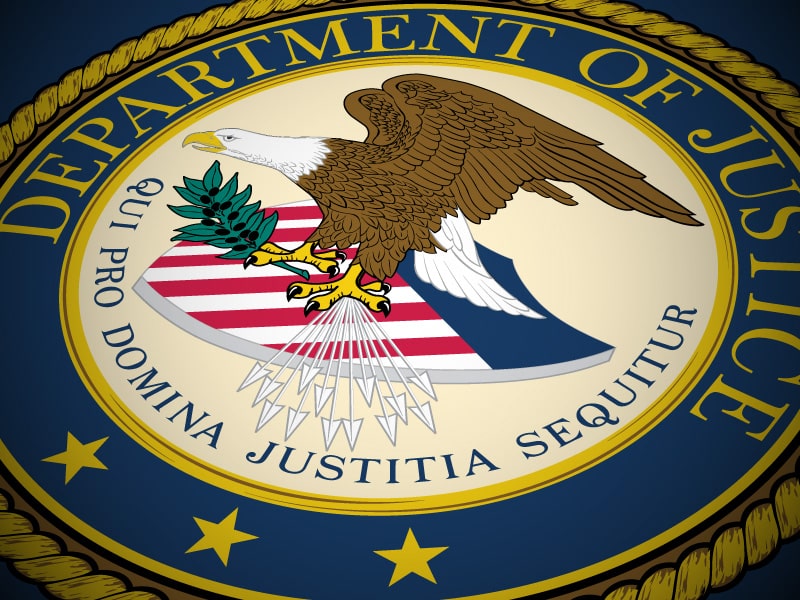Senator Grassley Asks Attorney General to Revise Memo on “Communications with Congress” that May Not Comply with Existing Law

On January 29, 2018, Attorney General Jeff Sessions wrote a memo instructing Justice Department heads not to communicate with Congress “without advance coordination and consultation” with the Department of Justice (“DOJ”) Office of Legislative Affairs (“OLA”). This memo follows comments Sessions made in August 2017. Threatening to prosecute anyone who released sensitive government information, Sessions demanded that the “culture of leaking must stop.”
The pre-approval requirement laid out in the DOJ policy memo encompasses communications “pertaining to policy, legislation, political appointments, nominations, intergovernmental and public liaison relations, cases and investigations, and administrative matters.” The policy also requires DOJ “attorneys, officers, boards, divisions, and components” to immediately direct all “congressional inquiries and correspondence from” Congress to the OLA.
On February 5, Senator Charles Grassley, a longtime advocate for whistleblower rights, responded to the troubling DOJ policy guidance. Senator Grassley wrote that the memo “does not appear to comply with existing law and request[ed] that [Attorney General Sessions] revise it accordingly.” Although recognizing that “the Department … must speak with one voice on official matters,” Senator Grassley pointed out that the memo “fail[ed] to address the rights of employees to make protected disclosures directly to Congress.”
As noted by Senator Grassley, the memo “could leave the impression that the [DOJ] is attempting to prevent lawful disclosures and discourage employees from exercising their statutory and constitutional rights to directly communicate with Congress.”
Nonetheless, the rights of federal employees “to petition Congress … or to furnish information to either House of Congress … may not be interfered with or denied.” The laws governing the rights of federal employees clearly state that non-disclosure agreements or policies must contain a clear exception for lawful whistleblowing. Attacks on whistleblower rights such as the DOJ memo highlight the importance of these laws, and the significance of elected officials that understand their importance.
Important links:
- Grassley Letter (Feb. 5, 2018), with DOJ Memo (Jan. 29, 2018)
- 5 U.S.C. § 2302(b)(13)
- 5 U.S.C. § 7211 (2012)
- Consolidated Appropriations Act, 2017, Pub. L. No. 115-31, § 744, 131 Stat. 135, 389 (2017)
- “This culture of leaking must stop,” Sessions says, threatening media subpoenas, CBS News (Aug. 4, 2017)
- Leaking v. Whistleblowing
- Federal Employees: Defend Your Jobs!
Latest News & Insights
February 16, 2026
January 27, 2026




